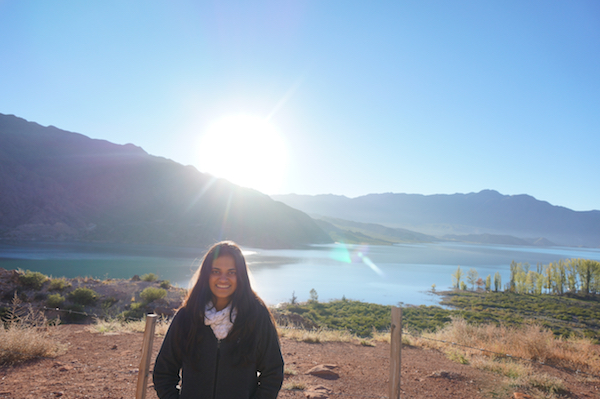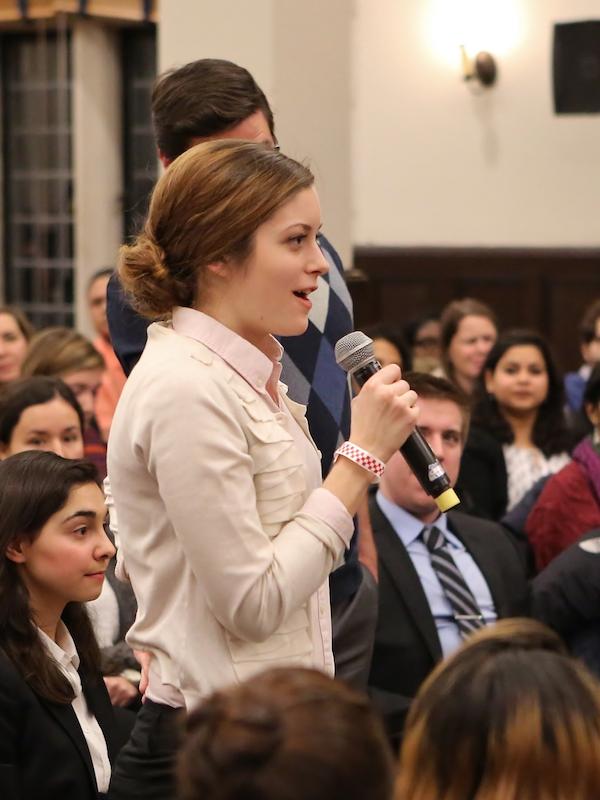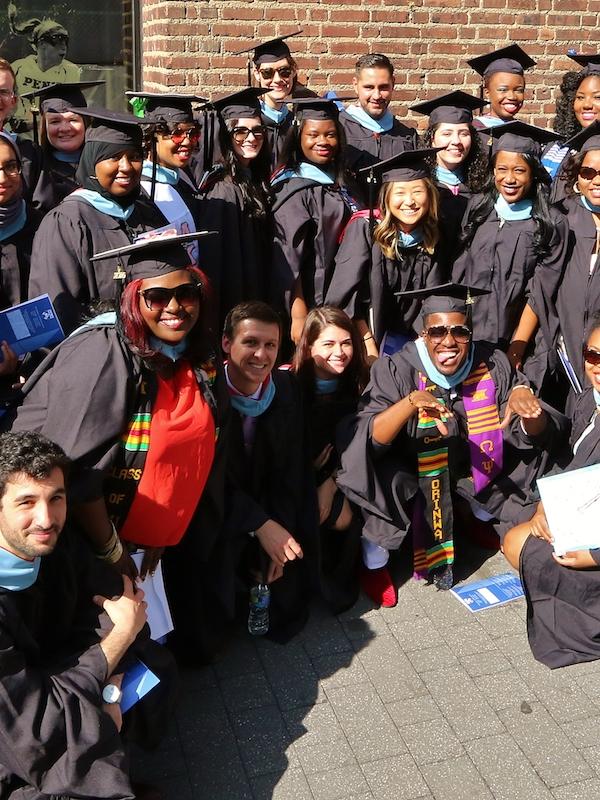Reaching Children Around the World
“I feel that if we educate children and provide a more tolerant outlook for them, they can have the ability to change the future of their communities through their mindsets and actions.”
by Juliana Rosati
Dhaka, Bangladesh
Shruti Bhat, GED’15, wants to bring education to children in marginalized places and communities around the globe. In the mountains of Tajikistan and the urban slums of Bangladesh, she has applied the training of Penn GSE’s International Educational Development Program (IEDP) to make learning better for vulnerable young people.
The inspiration for her work roots back to her childhood. Moving from country to country due to her father’s job, Bhat devoted free time to volunteering as a tutor and classroom aide. “I always worked with children in the contexts of different countries, and I absolutely loved it, but I never knew how to make it a career,” she says.
After earning her bachelor’s degree in accounting and marketing, Bhat worked for accounting firm KPMG. During a vacation, she volunteered with a nongovernmental organization in Costa Rica and learned about career paths supporting change in developing countries. From there, she decided to take such a path, seeking classroom experience by teaching English in Peru while applying to master’s programs.
“Penn GSE was my first choice,” says Bhat. “I was drawn to the IEDP professors, classes, and internship program. I was so excited when I got my acceptance letter.”
An IEDP course taught by Dr. Ameena Ghaffar-Kucher, GSE senior lecturer and IEDP associate director, set Bhat in the direction of her current work. Bhat and a group of her classmates worked remotely with the Aga Khan Foundation in Tajikistan to design a curriculum for children in a minority population known as the Pamiri. Bhat asked to continue this work when it came time for her to fulfill the IEDP’s international internship requirement, and Ghaffar-Kucher helped her arrange to work onsite with the foundation in a mountainous region of Tajikistan bordering Afghanistan.
“Tajikistan is one of the poorest post-Soviet countries, and the area where the Pamiri live is poorer than the rest of the country,” says Bhat. “I visited schools and talked with teachers to hear firsthand what their challenges were. The IEDP prepared me to listen and get input from community members, because they are the experts on what they need.”
Bhat’s efforts resulted in an early childhood curriculum for teaching the national language of Tajik to Pamiri children, who are raised speaking a local dialect. Today the curriculum is being reviewed for approval by the government of Tajikistan, and Bhat has relocated to Bangladesh, where she works as an early childhood development consultant at the Aga Khan Foundation. Her role builds on her internship experience, focusing on curriculum development for forty early-childhood centers in urban slums throughout the capital city of Dhaka. The children, whose parents work primarily in garment factories, range in age from two to six.
“We want to ensure healthy conditions, and proper care and education for them,” says Bhat. When she is not developing learning resources for the centers, Bhat utilizes her accounting and marketing background to build an operational and financial sustainability plan for the centers with her colleagues at the foundation.
In the long term, she has big plans for the power of education in the world. Of Indian origin and deeply troubled by the conflict in Kashmir between India and Pakistan, Bhat often thinks about the role education could play in creating peace across national borders. “This may be very idealistic, but I feel that if we educate children and provide a more tolerant outlook for them, they can have the ability to change the future of their communities through their mindsets and actions,” she says. “Combined with health and other social services, I think education is one of the most powerful tools for change.”
This article originally appeared in the Spring 2016 issue of The Penn GSE Magazine.




